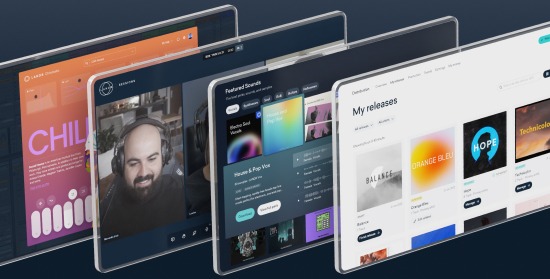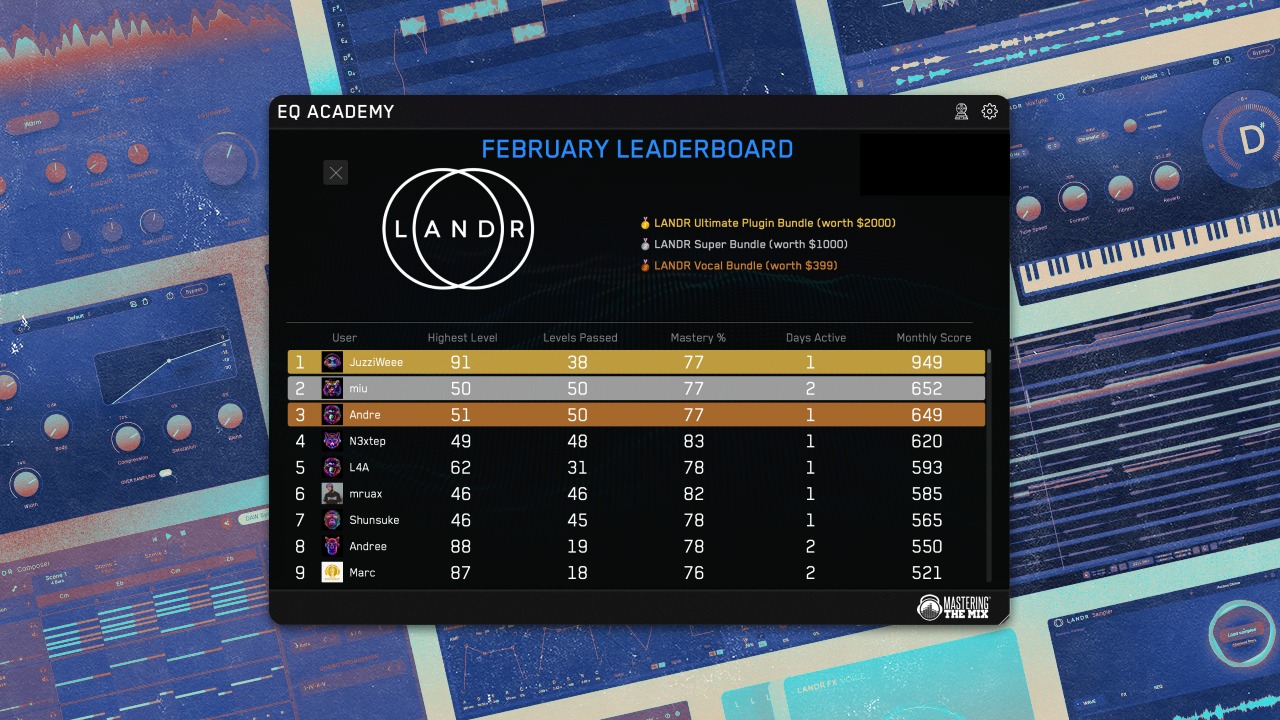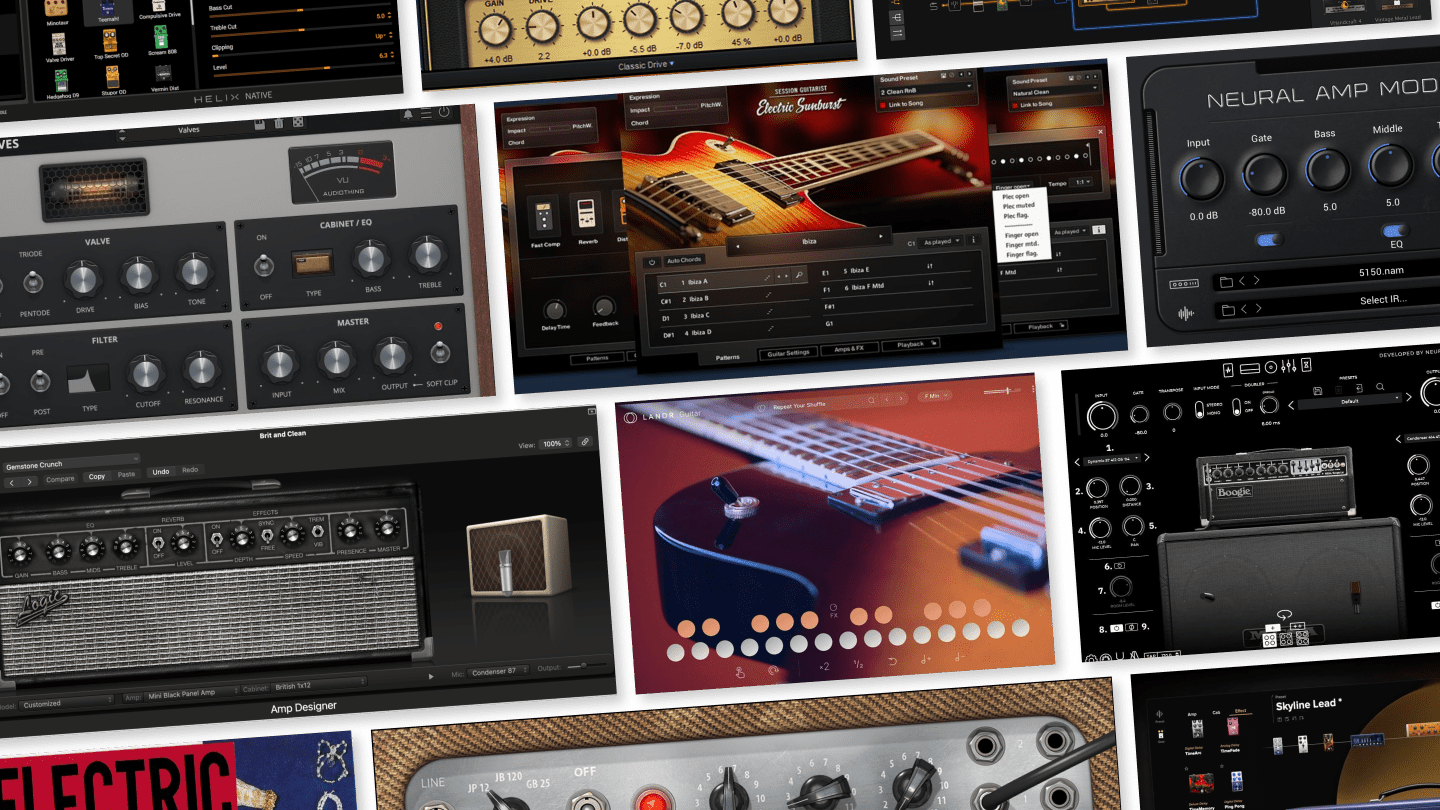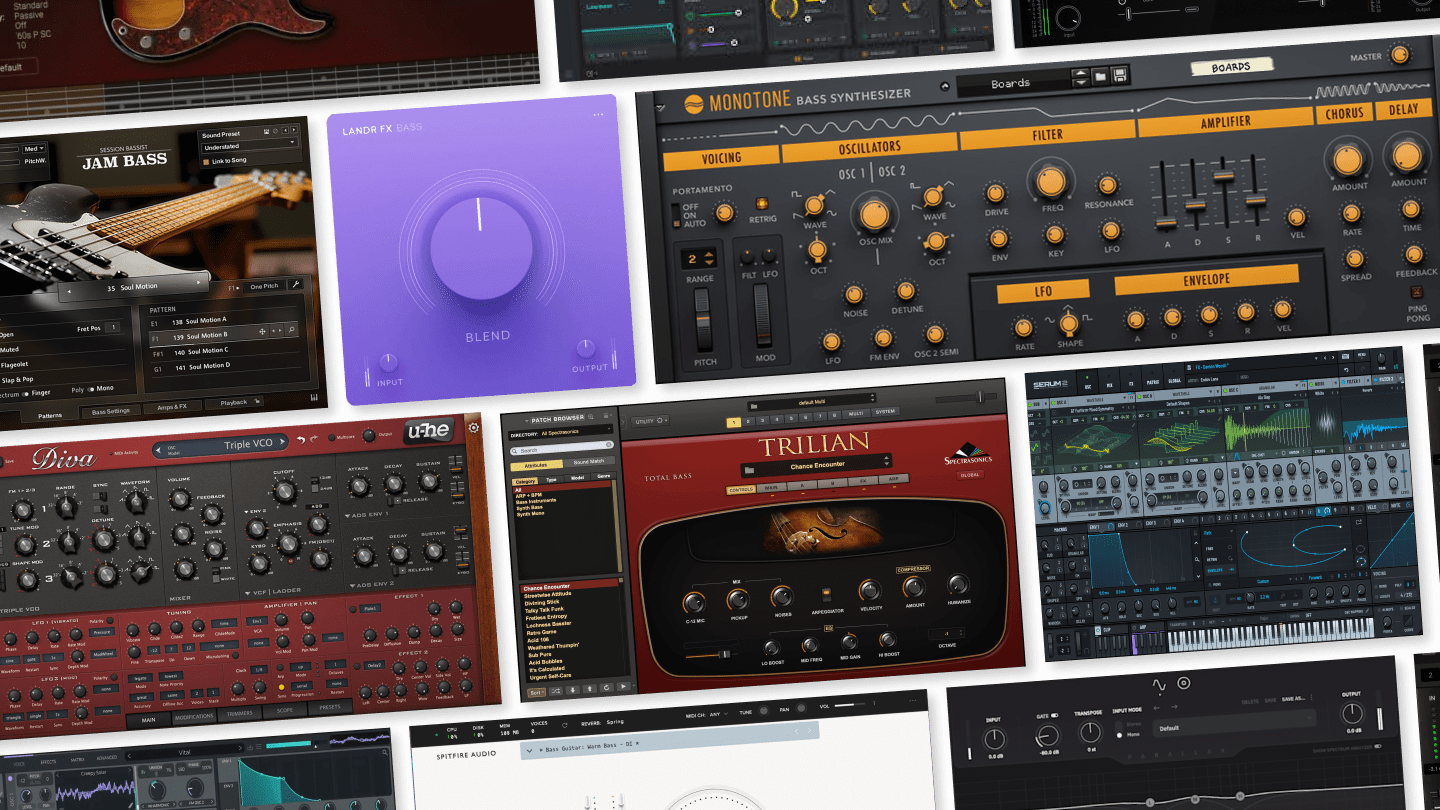
Hard Truths: Online Jamming Isn’t the Best Way to Collaborate Remotely
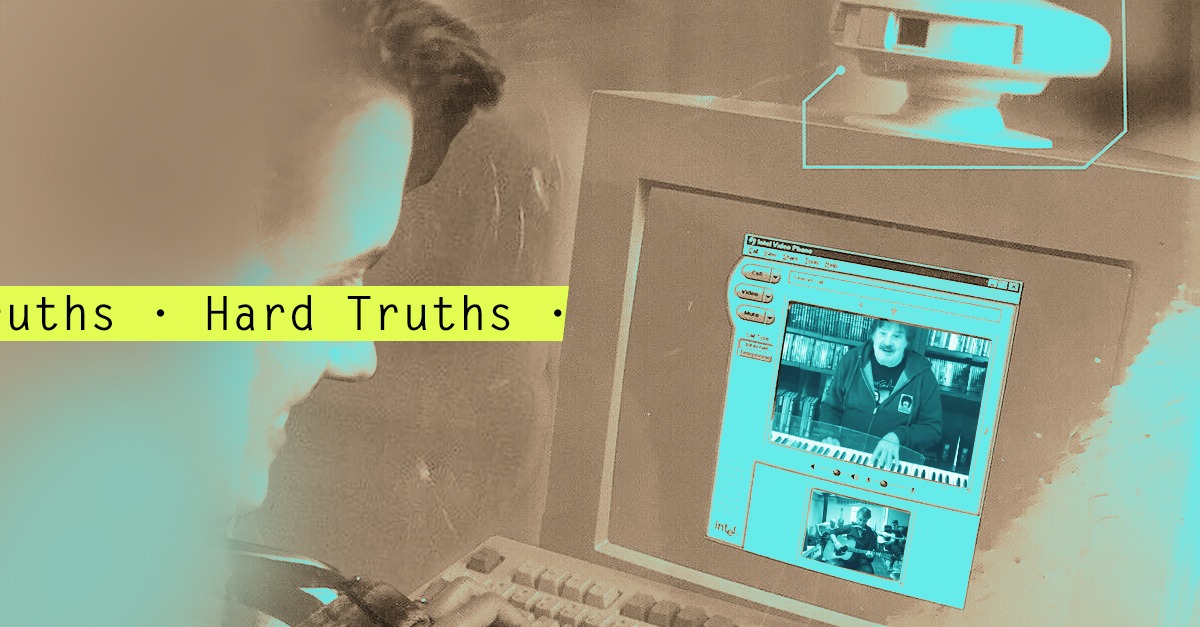
At day three-hundred-and-something of a global pandemic that forced us to cancel in-person jams, we all want to experience the thrill and pure joy of trading musical ideas in person again.
But, the reality is internet speeds, lag and the limitations of DAWs make online jamming next to impossible in real-time without making some serious compromises.
Here’s my hard truth for today—online jamming isn’t the best way to collaborate remotely. But that doesn’t mean there aren’t ways to create fulfilling collaborative relationships online.
Most online jamming tools are a bit of a letdown
I’ve checked out a few tools that claim to make online jamming a reality.
The best I’ve found so far is Ninjam, which plugs into Reaper (an excellent low-cost DAW by the way).
With Ninjam you can find a lobby of other musicians and contribute to a jam session, with exactly one bar of lag—meaning lag is synced to the tempo of the jam.
This latency compensation makes it possible to play a lick and hear it come out one bar later—this is how Ninjam allows musicians to playback the audio to all participants and stay on beat.
It’s clunky on its own, and it works well enough with Sessions—LANDR’s new video chat tool for musicians—if you want to broadcast your jam to a wider audience.
But even then, with high-quality audio streaming from Sessions and a lag controlling plugin, any contributions you make to a jam will come in a bar late.
Sure—that’s a novel way to create music with another remote collaborator, but it’s not really that useful for any serious attempt at working on a track or developing your skills.
There’s better ways to collaborate and actually make new musical art—in fact, because of the digital nature of working remotely, there’s a case to be made that some online collaboration methods actually make music production easier!
Check out a DAW session
If you collaborate with someone else the best way to get into their head and jam on ideas is to dive into a DAW session together.
You can trade ideas about the direction of a track, provide commentary about mix decisions or hear how a finished product sounds.
Of course, you’ll need to use a video conferencing tool that prioritizes audio over video—ideally something like LANDR Sessions which plugs directly into your DAW and pipes high-quality audio directly from your project.
Being able to hear changes to a synth tone, an EQ band or compression setting in full detail is pretty much as good as being there yourself.
Whether you’re working through the fine points of an arrangement or fully drafting new ideas, video chatting while exploring a DAW is a really effective way to collaborate remotely and actually get work done on a track.
Send your stems
If you want to actually get your hands dirty and work on a track in a collaborative way your best option still is to record yourself working out your ideas in a DAW and send your project or stems.
I know two beatmakers who keep a shared dropbox folder where they are constantly uploading new beat ideas with comments that the other can take and elaborate on.
There’s nothing new about this kind of remote collaboration strategy—but it’s a tried and true way of committing to working on a team project.
It’s as simple as making the act of uploading your ideas to a folder part of your workflow.
Take a lesson
Because of internet speeds and lag, jamming in real-time over an internet connection isn’t a reality quite yet.
But taking a lesson is totally viable over the internet.
Personally, I’ve been taking guitar lessons over video chat and despite the occasional issue with sound I’ve found it to be almost as good as learning in person.
If developing your skills on an instrument is a reason why you’re interested in online jamming—signing up for lessons is an excellent alternative.
Trust me—the local musicians in your scene will be happy to take on another student.
Jam with a backing track
Maybe you can’t jam with a real band right now, but you can always play along to a backing track.
We’ve written about why backing tracks are a super useful practice tool before.
There’s plenty of ways to find cool backing tracks, like on YouTube for example.
You can even make your own custom backing track with sample looping tools like Creator—the new beatmaking tool for LANDR Samples.
Our YouTube host Anthony did a live jam with some Creator arrangements of our free loop packs on reddit recently—check out how he used Creator as the backing track for his jam!
We’ll be jamming in person soon
It’s been a strange and difficult time to be a musician.
So much about our artform is built on in-person interaction.
And there’s something unique about the relationships you form with the other human beings you play music with.
It will feel good to jam in person once again when the world re-opens.
But for now, there’s still plenty of ways to collaborate remotely and I think those connections are just as valuable.
Plus, you might find that working with other artists over the internet might remove some barriers since physical distance is not a consideration!
By the way, LANDR Sessions is free to download and try out in your DAW if video chat for musicians is something you’re interested in.
Gear guides, tips, tutorials, inspiration and more—delivered weekly.
Keep up with the LANDR Blog.
